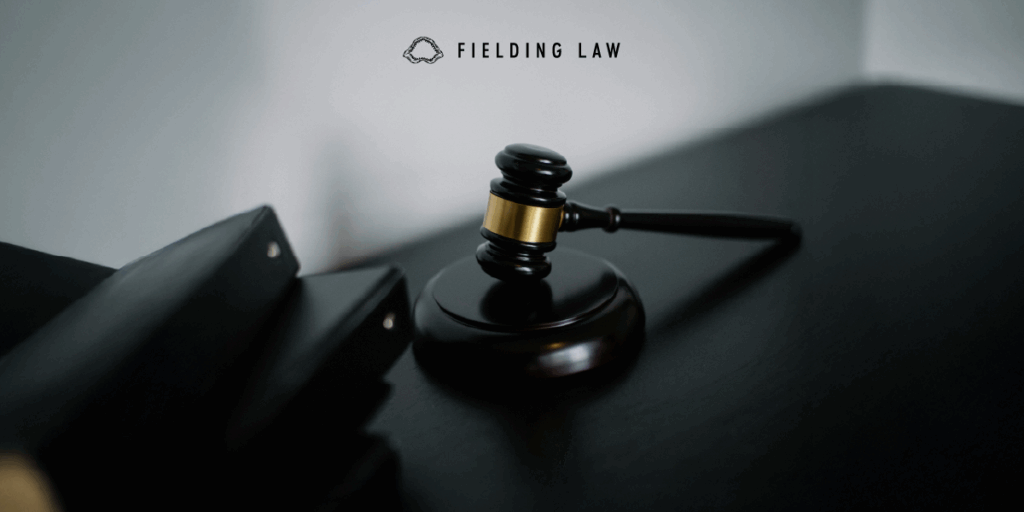
What Are Survival Actions?
When someone gets hurt because of another person’s negligence and later passes away, their estate can bring a survival action. This claim is different from a wrongful death case. Wrongful death focuses on the family’s loss. A survival action focuses on the harm the person suffered before passing away.
What Changed Under CCP 377.34
For many years, families could not recover money for pre-death pain and suffering damages. Courts only looked at medical bills, lost wages, and other direct costs. As a result, the pain and hardship the person endured before death did not count in the case.
In 2022, lawmakers made a major change. They updated CCP 377.34 to allow families to pursue pre-death pain and suffering damages through survival actions. This gave families a stronger way to hold wrongdoers accountable. It also helped honor the suffering their loved one experienced.
Why This Matters Now
The new rule will expire on December 31, 2025. After that date, families may lose the right to seek pre-death pain and suffering damages in survival actions. Unless lawmakers extend the rule, this option will disappear.
Because of this deadline:
-
Families with pending claims need to act without delay.
-
Waiting too long could reduce the damages available.
-
Taking early action can help protect your rights.
Why Hire Fielding Law
At Fielding Law, we know how painful it is to lose a loved one. Legal deadlines and complex rules can make things even harder. Our caring and capable team will explain how the end of CCP 377.34 affects your case. We will fight to protect your rights and guide you each step of the way.
If you have questions about survival actions or pre-death pain and suffering damages, call 833.88.SHARK today.
Note: Information provided is for educational purposes and does not constitute legal advice. Always consult with a qualified attorney for legal concerns.


 Clark Fielding on the Panel
Clark Fielding on the Panel







